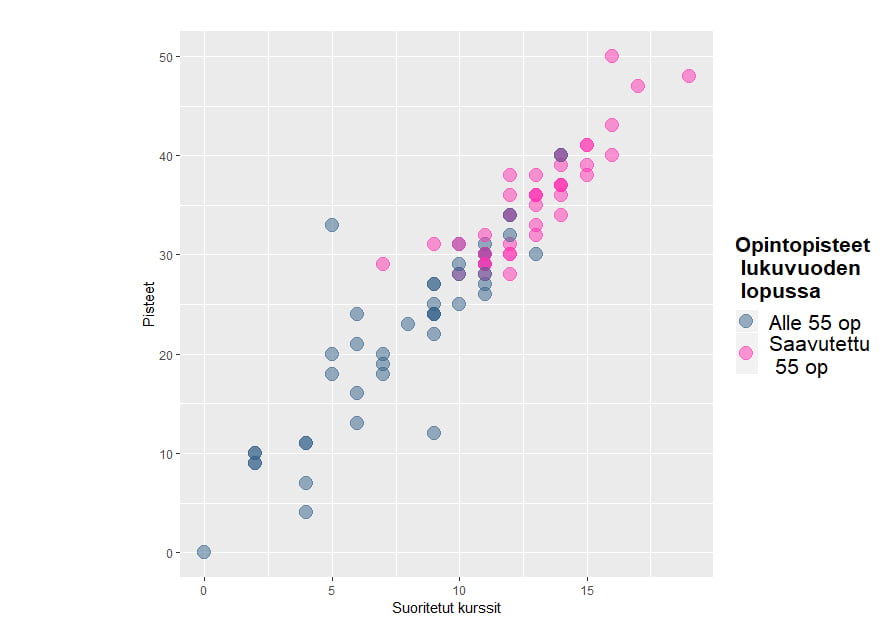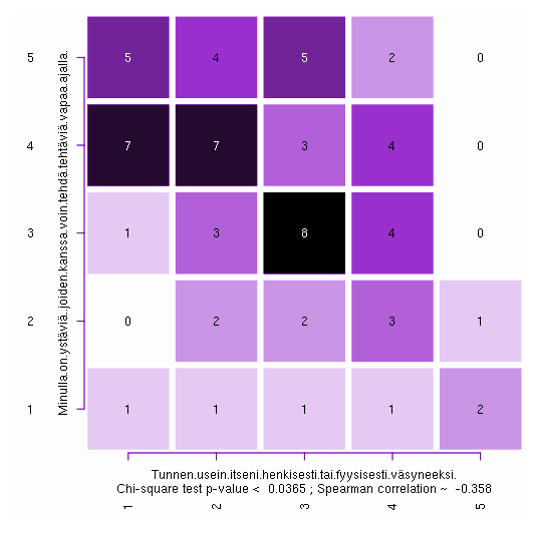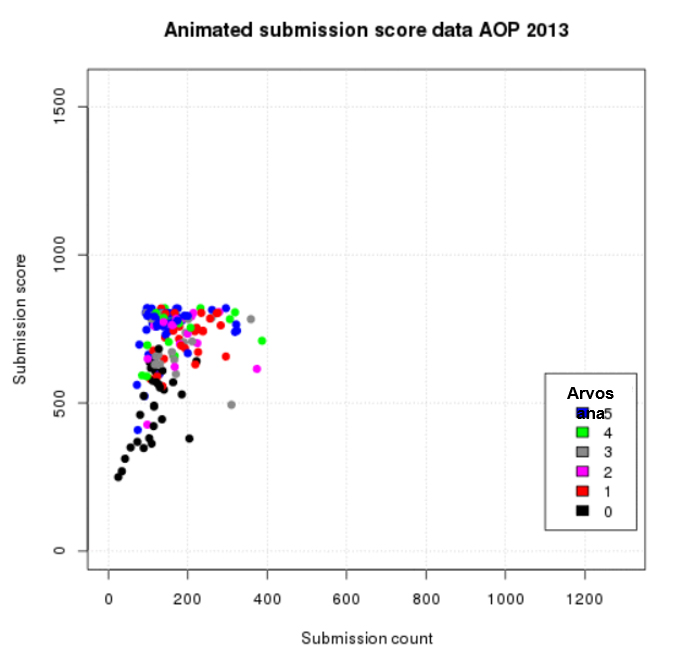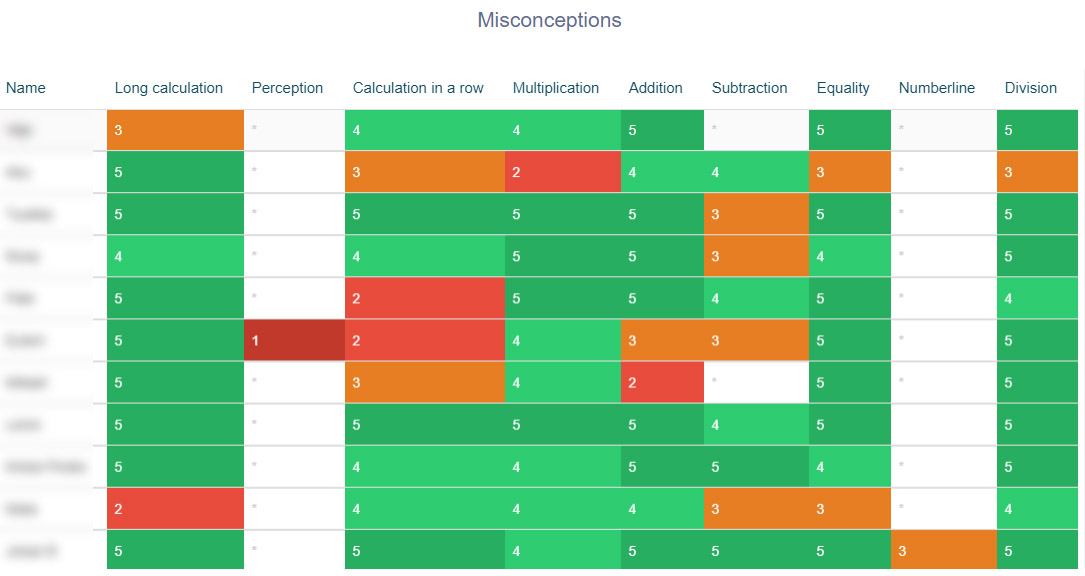Examples of data sources for learning analytics
Study registers
e.g. school registers, class records
Study records, grades, curricula
Learning platforms
e.g. ViLLE, Moodle
Login data, submissions, course enrollments, attendance records
Other material
e.g. national statistics, open data, questionnaires
Background information, research materials



Big data & analytics
The goal of learning analytics is to offer tools and methods for monitoring studies and predicting difficulties in learning. Guidance counselling and automating teaching and learning aids are of particular interest in the field. Through these means, we seek tested, justified, and ethical ways to enhance learning, teaching, study guidance, and administrative processes.



